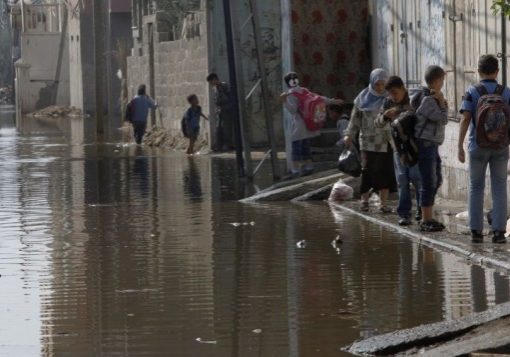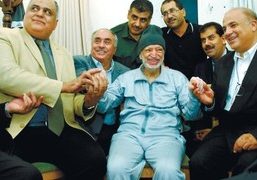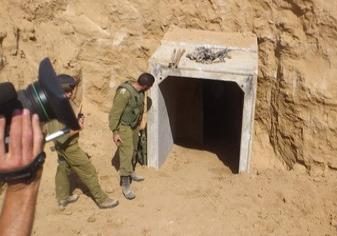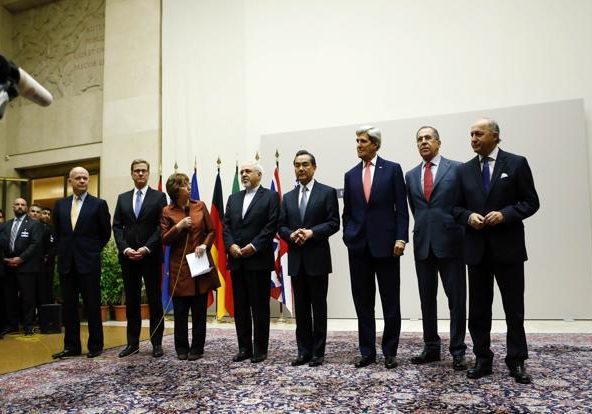
Evaluating the Interim Nuclear Deal with Iran
November 26, 2013
This Update is devoted to analysis of the detail and implications of the interim nuclear deal reached by the P5+1 states (US, UK, France, Russia, China and Germany) and Iran in Geneva on Sunday. (The actual agreement text is here, a White House “fact sheet” on the details is here, and some reporting about the agreement’s provision is here.) Israeli leaders, meanwhile, have been lining up to make it clear that they are not happy with the deal.
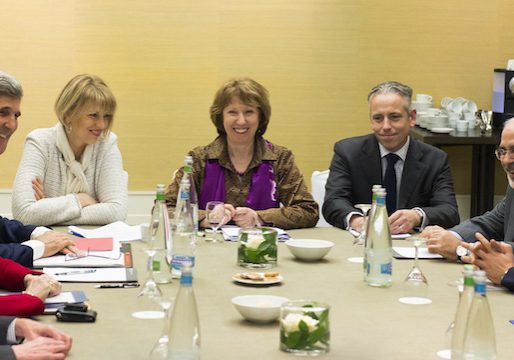
The Risks of Easing Sanctions for an Interim Iran deal
November 21, 2013
With talks between Iran and the P5+1 (US, UK, France, Russia, China and Germany) resuming in Geneva last night, this Update deals with a key aspect of the six-month interim deal that is reportedly being discussed in Geneva – namely, the proposal to ease sanctions as the “carrot” to lure Iran to agree to a partial freeze on its nuclear weapons program.
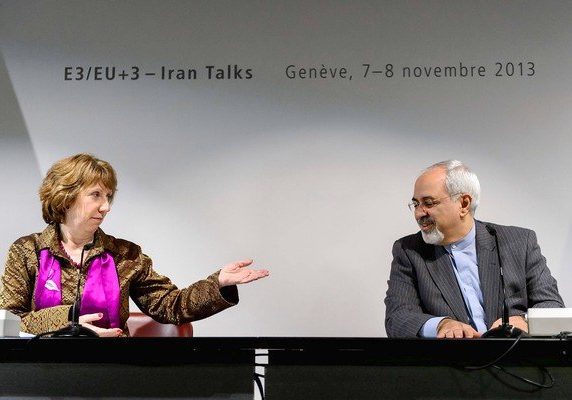
Almost a nuclear deal in Geneva?
November 12, 2013
As readers are probably aware, in last weeks Geneva talks between the “P5+1” (US, UK, France, Russia, China and Germany) and Iran, the parties at one point appeared close to an interim agreement, with Foreign Ministers flying in to join the talks, but then broke up without reaching one. While France publicly objected to elements of the deal initially, and were blamed by Iran for the talks failure, the reasons the talks ended without agreement was because the Iranians walked away from the terms on offer according to the diplomats involved. Talks are set to resume on Nov. 20, with Israeli Prime Minister Netanyahu and other senior Israeli officials making it amply clear that the Israeli government is not at all happy with the terms being discussed (Netanyahu’s comments on the subject on US television are here.) This Update deals with analysis of the reported proposed terms of the Geneva “deal” and where the negotiators can go from here.
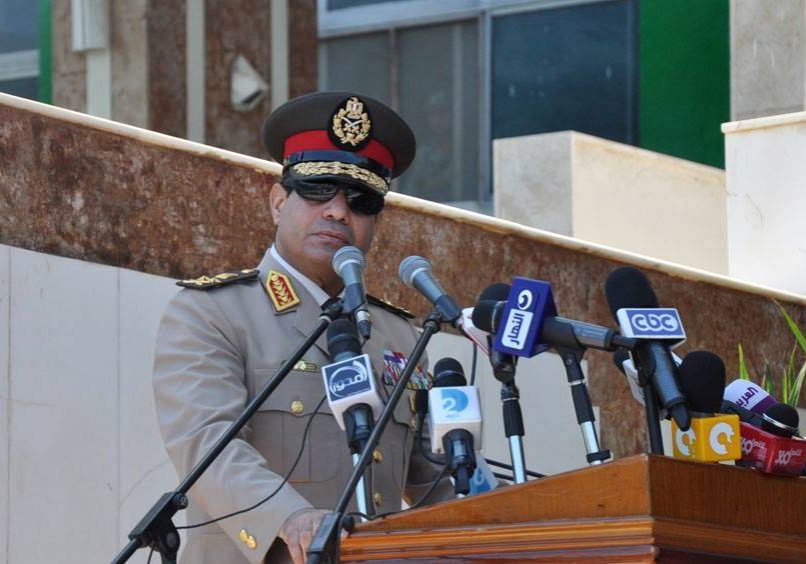
Egypt’s future/ Israel’s Bedouin policies
November 7, 2013
This Update deals with the situation in Egypt – where the military government of General Abd el Fattah el-Sisi seems to be consolidating power as it continues its relentless crackdown on the deposed Muslim Brotherhood and has just placed former President Mohammed Morsi on trial. On a separate matter, it also includes some important information about the controversial policies in Israel to resolve long standing land and housing issues affecting Bedouin communities in the southern part of the country.

